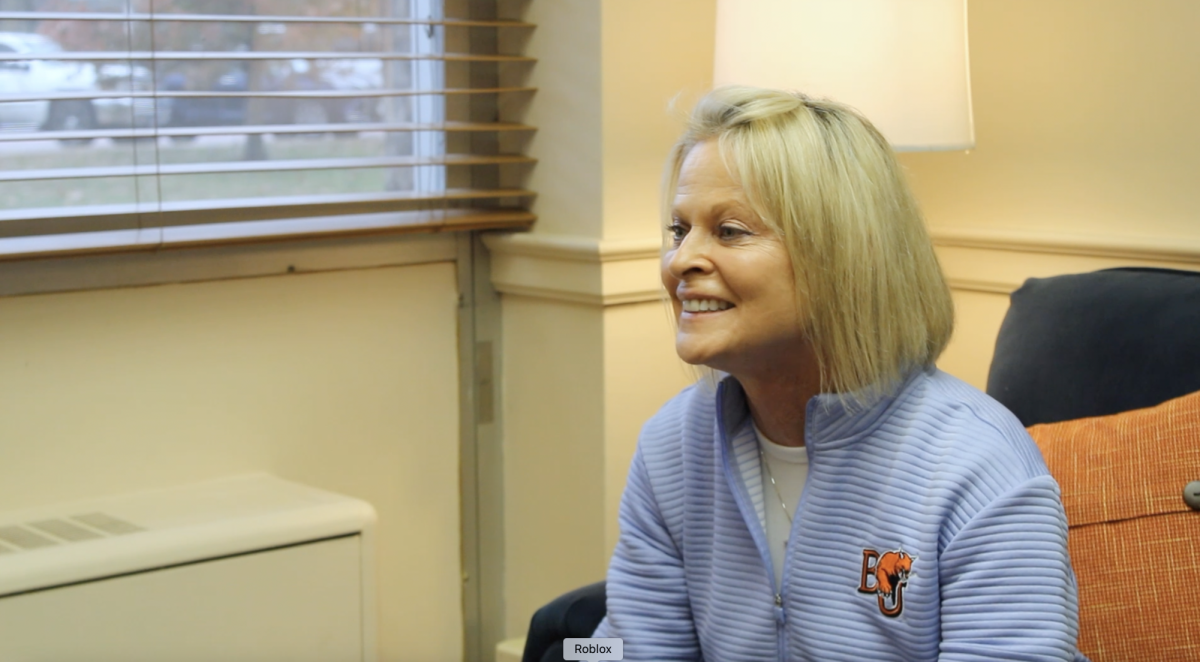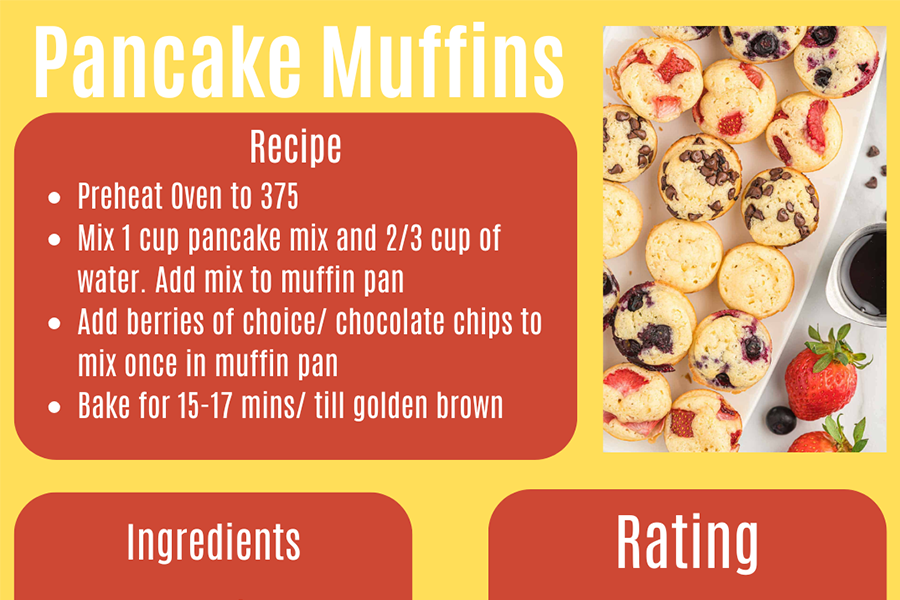With expenses for groceries, gas and entertainment, college students don’t have much money to spare. Yet at the beginning of each semester, the task of buying textbooks is often inevitable.
While some students try to get through the semester without buying a book for a class, it usually doesn’t last long.
“Some of them just don’t want to have to order it until they find out, ‘gosh I really am going to have to have this book whether I like it or not,’” Kelly Garrison, director of mail and copy center, said.
Some professors find it irresponsible when students fail to purchase a textbook for a class.
“I think that it’s not responsible to not have the book that’s been asked by a faculty member because it’s not about just reading the book to understand what we’re going to be talking about,” Leonard Ortiz, associate professor of history, said. “It’s preparing students professionally to be prepared when they go out into the world.”
The Baker University bookstore and the entire bookstore industry has seen a steady decline in sell-thru, which is the amount of materials sold as a percentage of total enrollment in a class, department or school, throughout the past decade.
This could be caused by the impact of price in the marketplace as well as the growing emergence of online sources, as students often order textbooks online to get a cheaper price.
The mail and copy center sees a lot of packages arriving at the beginning of the semester, as students have textbooks delivered to their on-campus address. At one point earlier this semester, the mail and copy center processed 191 packages in one day. Garrison said on average they will process 75 to 100 packages a day at the beginning of each semester.
“Anything (students) can do to get anything cheaper, that’s what they’re doing,” Garrison said. “I think it’s important to support the bookstore, yet when you’re a college student, you have to do everything you can to conserve your money.”
Many courses at Baker require students to invest more money in their textbooks but students find it is worth it to pay because of the information they get out and as much as they use them.
Junior business major Madi Imlay paid more than $300 for her Income Tax textbook, and spent a total of about $800 for books this semester.
“I’ve never had a textbook that was $300, but … I’ve had a couple that are a little over $200,” Imlay said. “But never any that were $300. That was the first one.”
With the high prices of text books, some teachers search around in order to find the most cost-efficient textbook for their students or try to find books with digital copies available.
Ortiz said he is in favor of electronic textbooks and thinks students and his teaching could benefit from them as long as they are online during class for that reason only.
“If they are accessing (the textbook), I don’t have a problem with that, but you don’t know if they’re actually on because the screen’s up and you can’t tell if they’re on Facebook or whatever,” Ortiz said. “But I don’t have any problems. In fact I’m trying to go more electronic so it’s (more easily) accessible and less expensive.”
The bookstore provides a “growing selection” of digital textbooks and compared to last year there has been a 260 percent increase in the number sold.
No matter how they’re purchased, whether its from an online source, at the bookstore or digitally, the cost of textbooks have a tendency to put a dent in students’ wallet.
“We have to have textbooks for classes,” Imlay said. “But I guess I don’t really understand why they have to be that expensive.”







